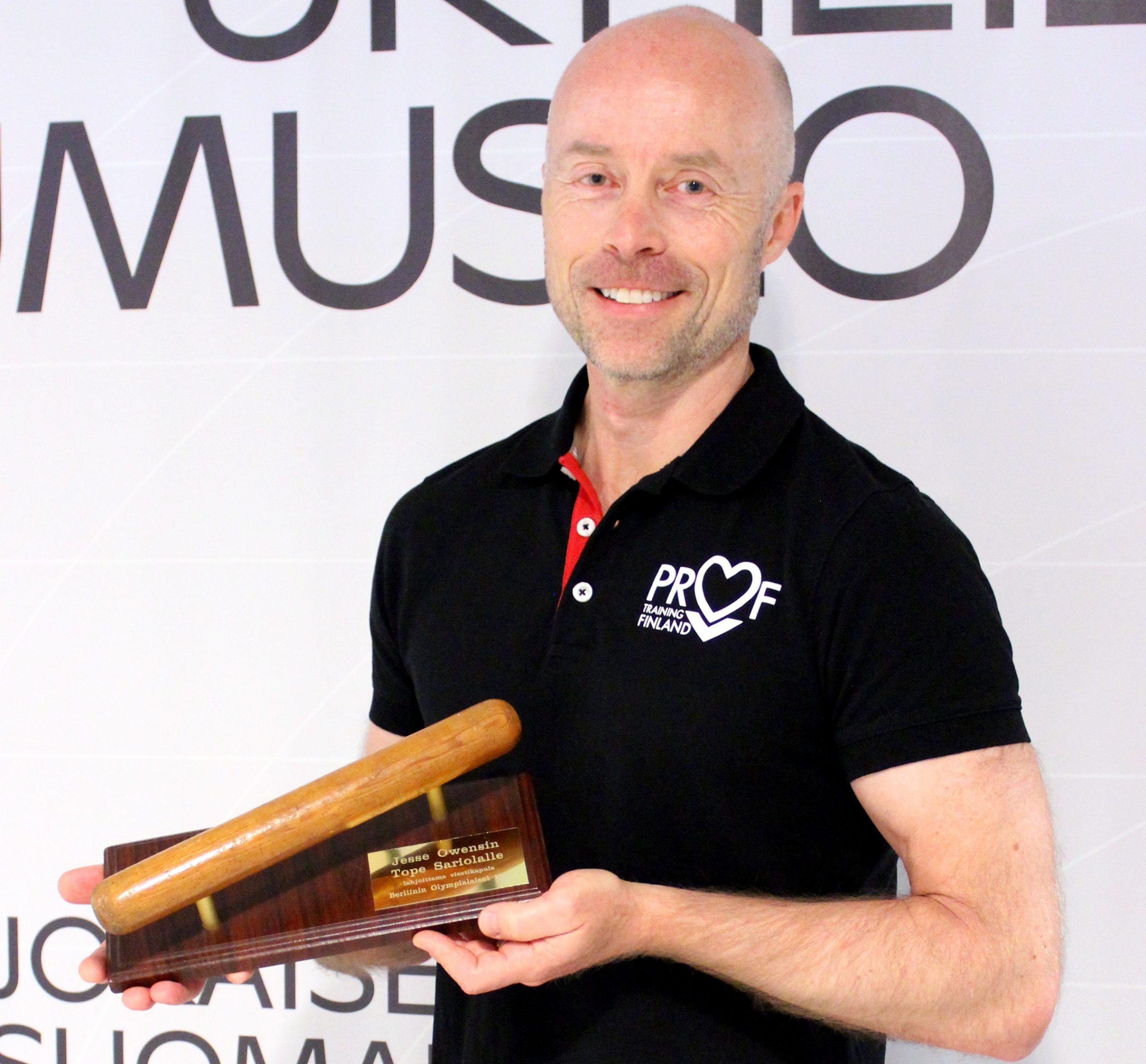
By Atte Varsta |
The core values of the International Olympic Movement of “Excellence,” “Respect” and “Friendship” are as relevant today as they were at the time of the first modern-day Olympics in 1896. Over the decades, the world has seen two World Wars, countless disasters, human suffering and economic ups and downs. Still, even in the midst of all crises, everyone has the opportunity to live up to the values of the Olympic Movement.
In 1936 the Summer Olympics were held in Berlin, Germany and The National Socialist German Workers’ Party (NSDAP) aka Nazi Party was in power. World War II was still years away, but signs of the future were already in the air. A nationalism and a reluctant attitude towards different looking people, cultures and races raised their heads. Of course, the entire population of Germany didn’t share the views of the Nazis, but as the ruling party, it defined the norms of the community.

The Berlin Olympics were Hitler’s upcoming show of the strength and German superiority. Therefore, it was difficult for Hitler to accept the success of black athletes. U.S. athlete legend Jesse Owens was at the peak of his career and completely superior to others. This was also experienced by my grandfather’s brother Toivo “Tope” Sariola, who competed against Owens in preliminary rounds of 100 meters and the Men’s 4x100m relay. Toivo, a descendant of Sariola’s amusement park and circus family, was used to people from different countries and cultures. He quickly became friends with Owens.
Owens said to Toivo that he felt uncomfortable and afraid on the streets of Berlin due to the fact that he had “ruined” Hitler’s show case plans by winning four Olympic golds. Toivo did what he felt was right thing to do. He asked Owens to join his party and promised to protect him in the city. Justice, equality and honesty have always been the core values of the Sariola family. At that time, Toivo made a bold personal decision to realize his own values and not submit to discrimination against those in power.
Jesse greatly appreciated Toivo’s gesture and benevolence. After the USA’s victory in the Men’s 4x100m relay final, Jesse donated USA team’s baton to Toivo and wrote on it “With friendship to Toivo Sariola”. Toivo took the baton as an Olympic souvenir to his sister Sinikka and baton ended up as a part of the children’s yard games. Years later, the baton was donated to the Toivo’s home club Kerava Sports Club. For a while it was missing and when the baton was found, it was donated to Sports Museum of Finland in 2011. Now it is in a worthy place as a part of Finnish and international Olympic history.
I shared the same sport with Tope (100m & Long Jump). After Tope died in 1985, I was 16-year-old athlete and promised to Tope’s widow Ulla that I would keep Tope’s Sports Club records in the family. A serious back injury ended my track & field career, but this was an easy explanation for myself. The truth is that Tope was a much more talented athlete than I ever was. After more than 80 years, Tope’s Long Jump record (744cm) is still unbeatable in Kerava Sports Club. His 100 meter record (10.8 secs) was broken over 40 years after.
The world today, if ever, needs more “Sariola Spirit” and civil courage to defend those who are outnumbered.
Atte Varsta is an experienced international Sports Manager, CEO of Proftraining and National Faculty Member at the United States Sports Academy.